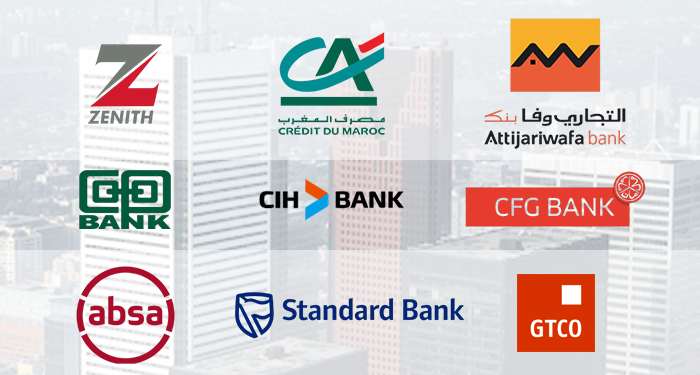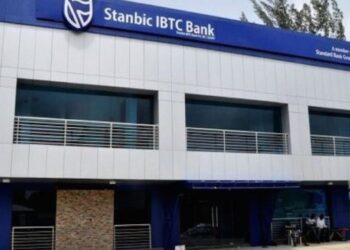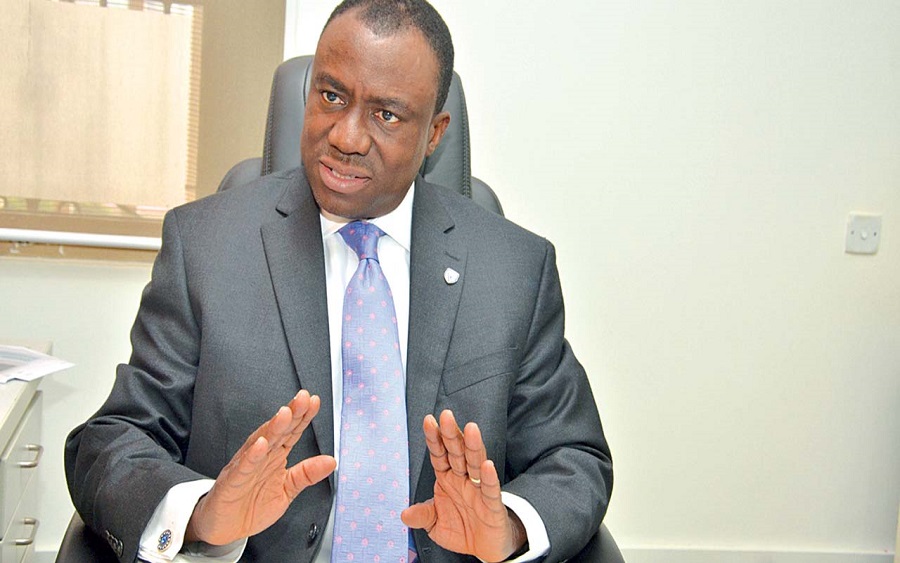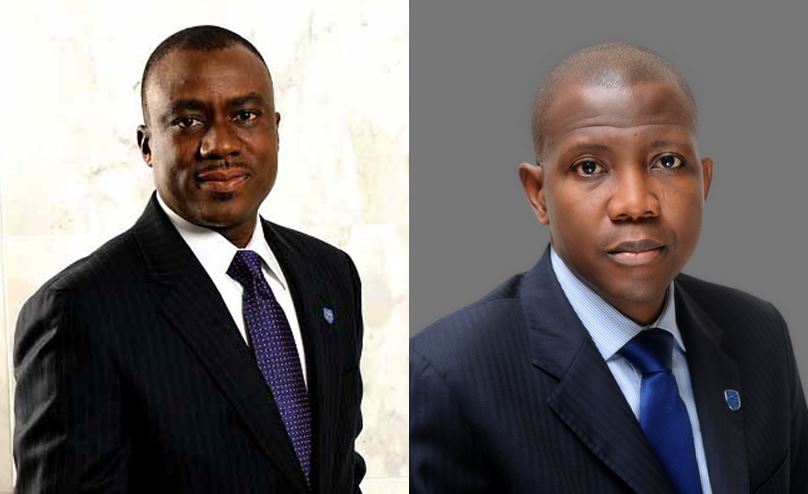The 50 largest banks in Africa have a total asset size of about $900 billion, with a market capitalization of about $120 billion.
On this list of largest banks in Africa, South African and Moroccan banks rank the highest, in terms of market capitalization and asset size.
This is largely linked to the size of their exchanges, with the South African and Moroccan exchanges ranking as the first and third largest exchanges in Africa.
Despite holding the title of “Africa’s largest economy” for many years, Nigerian banks do not reflect this status in terms of market capitalization. None of the country’s banks rank among the top ten largest banks in Africa.
GTCO Holdings, the largest Nigerian bank, is in 15th place with a market capitalization of $826 million.
Publicly listed Nigerian banks have a total market capitalization of about $4.2 billion, translating to about 1.7% of the country’s GDP. This contrasts starkly with South Africa where the banks’ market capitalization corresponds to about 20% of GDP.
In a bid to strengthen these banks, the CBN released a minimum capital requirement, which sought banks with international banking license to shore up their paid-up capital to N500 billion (~$333 million) and those national banking licenses to N200 billion ($133 million).
Nairametrics has tracked some of the largest banks in Africa based on market cap, and here are the 20 largest in Africa.
Largest banks in Africa based on market cap
Standard Bank Group is the second oldest bank in South Africa as well as the second largest bank in the country by market capitalization.
The bank is the largest bank in Africa by asset size, with a total asset size of $107.1 billion.
The group boasts seven subsidiaries including Stanbic IBTC Holdings (Nigeria), Stanbic Holdings (Kenya), Standard Bank Malawi, Standard Bank Holdings Namibia, Stanbic Holdings (Uganda), Standard Bank of South Africa, and Liberty Holdings.
























